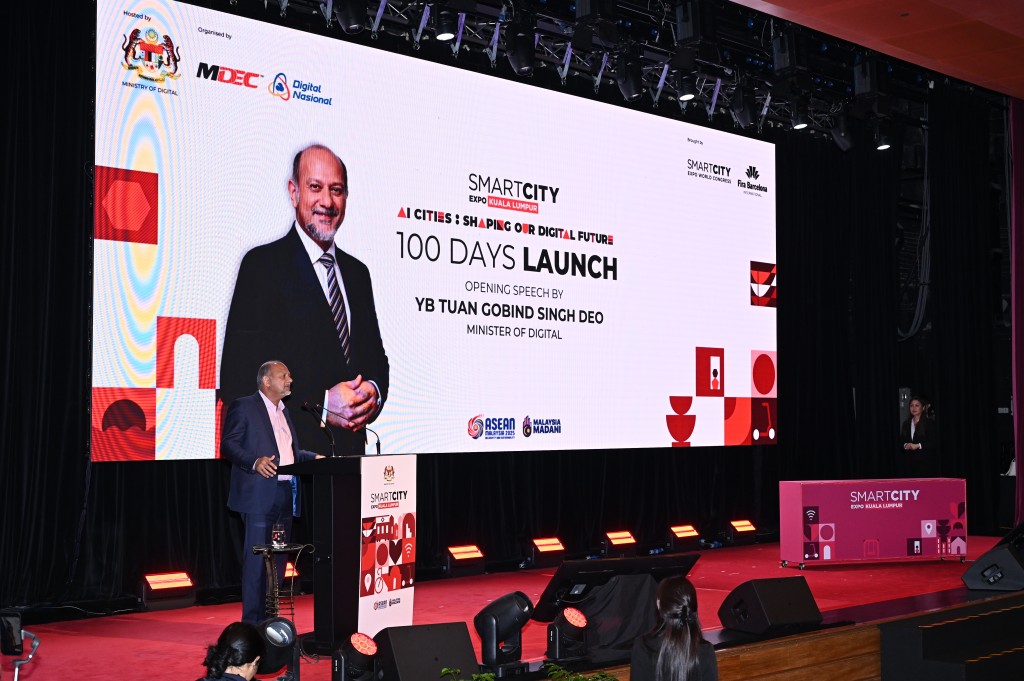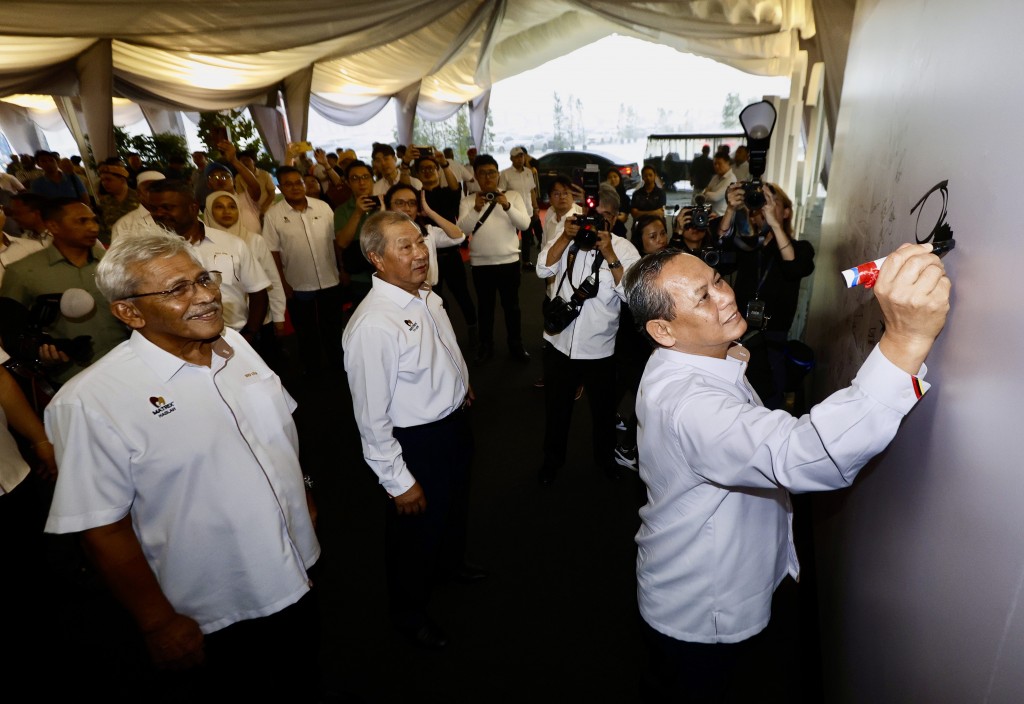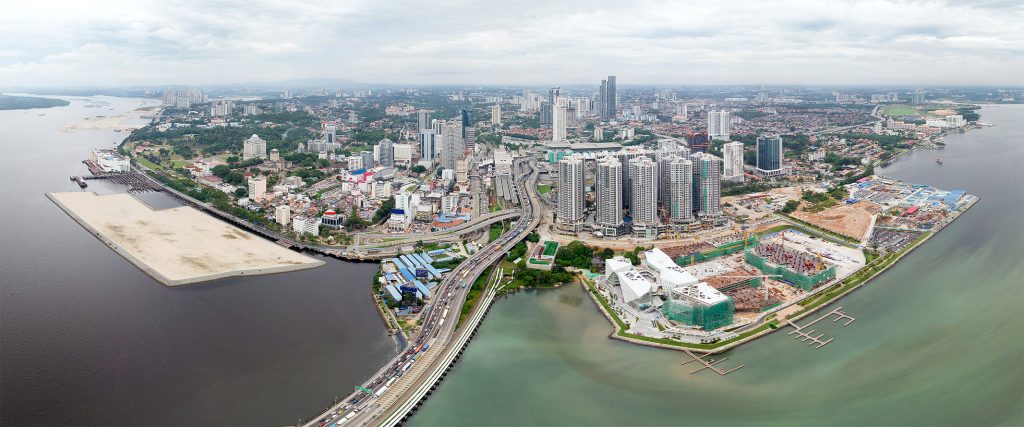By AISYAH SUWARDI
WHEN people come across the term “Smart City”, many would immediately think of an array of tall buildings equipped with technology that is over the top.
While the image above could be right, smart cities are defined as much more than just intelligent buildings and autonomous cars.
As part of the Malaysian Biennial 100YC program, Nextdor Property Communication will be organising a Smart City Forum titled “Shaping Smart Cities and Future Lifestyle” in conjunction with National Innovative and Creative Economy expo 2017 (NICE 17’).
The forum will be held at Technology Park Malaysia (TPM) on Oct 13 at 2pm.
StarProperty.my interviewed Nextdor Property Communication executive director Imran Clyde on how he defines a smart city and why the public should attend this forum.
Can you tell us what defines a Smart City?
There are several definitions available when we talk about smart cities. Essentially, a smart city is about improving the people’s quality of life.
It can be measured by different metrics such as smart mobility, smart amenities, smart economy or smart communities.
Contrary to the public perception, smart does not always mean technology.
For example, MBPJ has recently changed their e-ticket system back to coupons because it is much more convenient.
Some people say it is a smart move because it eases the life of the public. That is how the term of smart city is defined.
Any example of existing Smart City that you could think of?
Recently, there has been a global push worldwide for countries to start planning for smart cities.
The countries such as Japan, Europe, United States and Singapore have all one way or another, started to plan and implement strategies or technologies to become smart cities.
India has declared a government policy to transform 13 cities into smart cities.
Malaysia still has much to do when it comes to being a smart city. Becoming a smart city is not an easy feat as it would require a lot of support, comprehensive policies and incentives for successful implementation.
What are the implementations of smart technologies that you would like to see in the local city?
Personally, I would start with the simplest of technologies. For example, the usage of smart Light-Emitting Diode (LED) bulb.
You can do a lot of things with them. These bulbs can be customised to shine at different frequencies as well as detecting movement. One can save a lot of electricity this way.
For example, Malacca city recently installed over 100,000 LED’s on their road lamps.
Aside from that, I would like to see kinetic surface technology being implemented. Imagine a pavement that generates electricity whenever you walk on it. Not only does it creates power, it can also track how many people have been walking on it. It is ideal for places such as shopping malls and playground.
In Africa, for example, they have implemented this technology at the playground and the electricity generated from kids playing there is used to light up their village.
What is Malaysia Biennial 100YC program? How is it related to the concept of Smart City?
Nextdor, in collaboration with Royal Melbourne Institute of Technology (RMIT), is working on the Malaysia Biennial 100YC project, where we research cities to examine what are the global disruptive forces that would impact the development of cities.
For example, we looked at the factors in four different areas, namely technology, mobility, knowledge and commerce.
Commerce: What kind of business could affect the growth of a city in the future?
Knowledge: What are the talents required?
Mobility: What kind of transport solution do we need?
Technology: What are the forces that will impact the development of the city?
We have universities around the world giving their ideas on what are the causes that are going to impact a city.
It is essential to know how these factors could affect how a building is designed, and that is our objective for the forum. We are hoping to share what we are doing and increase the awareness not only for local government or town council but also for the developers.
Who are the panelists that will be speaking at the forum?
We have a town planner, developers, and a business consultant sharing their expertise to tackle the different sets of problems.
They will share their insights and give feedback on what are the challenges and opportunities in the development of smart cities.
The forum is free of charge, and we welcome the public to attend the event.














































